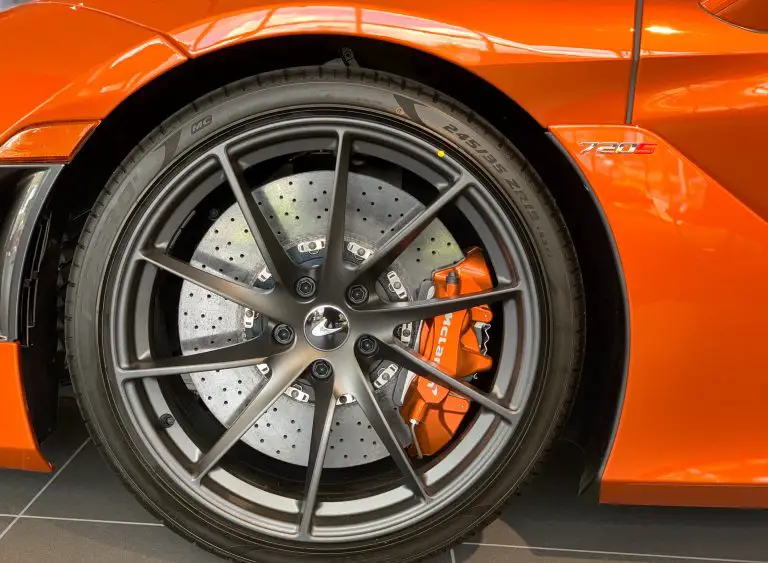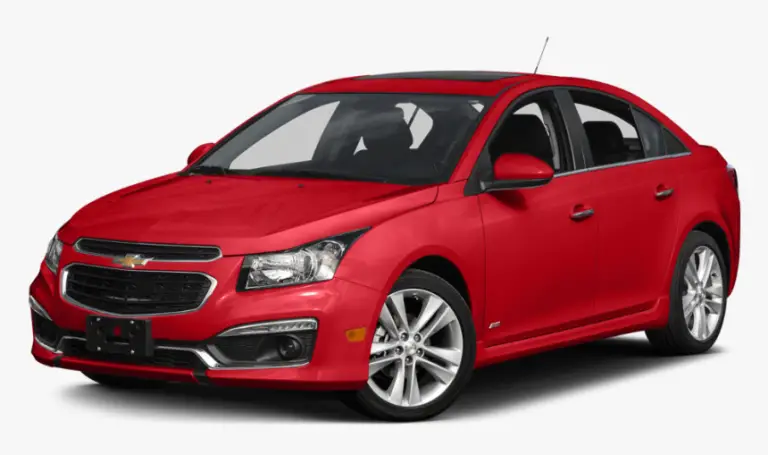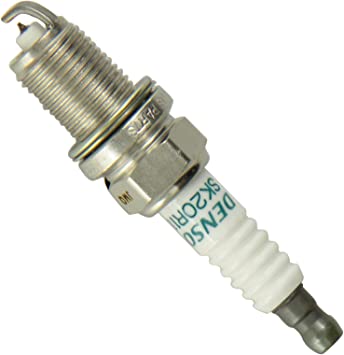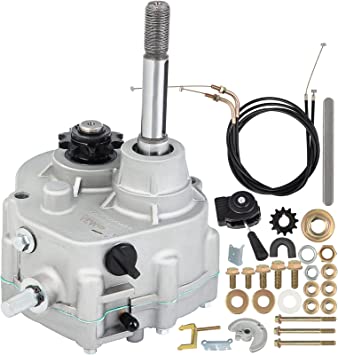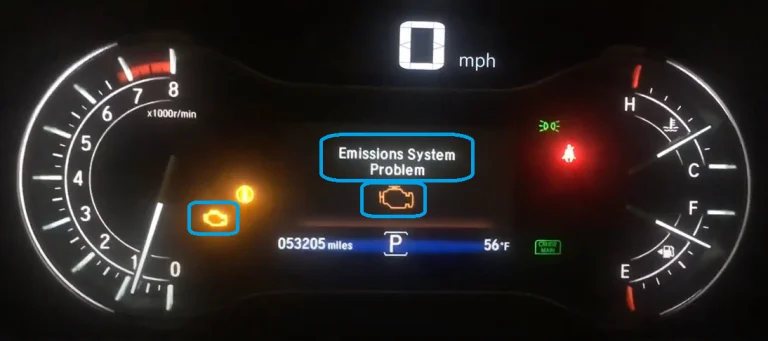Clicking Noise When Braking. What are the Reasons and How to Fix it?
Have you noticed a clicking noise when you apply the brakes in your car? Here are the causes of the noise and how to fix it.
If you hear a clicking noise when you brake, this can be a sign of loose or worn components of the system.
These include:
- Rusty Anti-rattle Springs
- Worn Brake Shims
- Worn Brake Pads
- Worn Calipers
- Worn Front End Parts
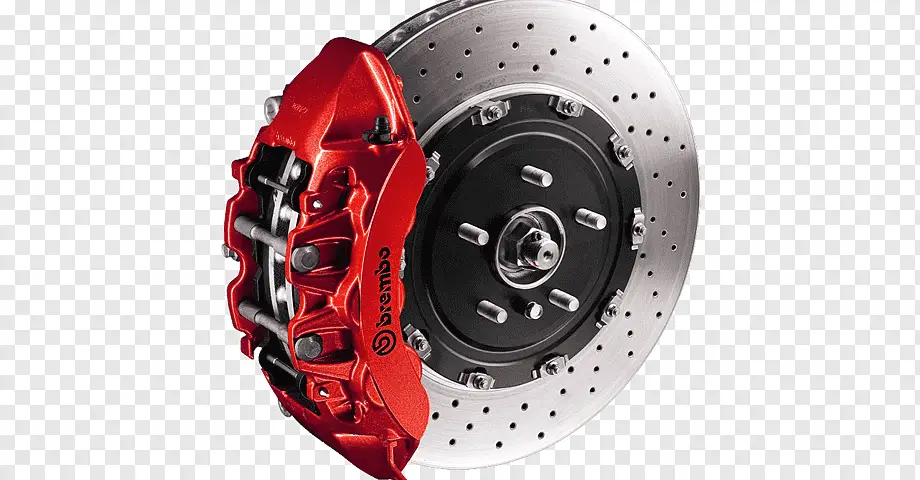
Reasons For Clicking Noise While Braking
Rusty Anti-rattle Springs
Anti-rattle springs can be used to keep the brake pad in place and to reduce the noise when using the brakes.
Anti-rattle springs are made of metal and will degrade due to the heating and cooling cycles in humid countries.
When the springs or anti-rattle clips are weak, the brake pad will move and make a clicking noise when you hit the pedal. Your pads will start to wear differently and cause premature wear.
Worn Brake Shims
When your car breaks, the level of noise and vibration coming from the brake pads can be mitigated by the use of brake shims.
When your pads get hot, brake shims act as a thermal barrier, preventing them from being damaged.
Your pads may be able to produce all sorts of sounds as the brake shims become weaker.
Improper Installation Of Brake Pads
The clicking sound might have been caused by the installation of the brake pads that were not installed correctly.
Some inexperienced mechanics don’t stake down the pads when they do their jobs. This causes the pads to shift when you apply the brakes.
It does not make your car unsafe to drive and it is not a hazard.
The noise you make when you use your brakes can become annoying. When using the brakes, the noise will only get louder and more frequent if not fixed.
Worn Calipers
Your calipers might start to rust after a couple of years of driving in wet conditions. Even though there are clips on the top of the brake pads, they can cause the pads to bind.
A clicking noise can be made by the caliper if they become loose. They are secured with bolts and guide pins.
The bolts and guide pins can become weak due to the corrosive nature of the material.
Worn Suspension Components
The noise may come from the suspension, and it’s also possible that it’s a result of shifting weight when brakes are applied.
There are worn suspension components that can make a clicking noise when using the brakes.
- Sway bar Links
- Worn Ball Joints
- Worn Struts
Sway Bar
A sway bar, also known as an anti-roll bar, is a part of your car’s suspension and reduces the body lean when taking corners.
The sway bar links can make clicking noises when the car stops.
Ball Joints
Ball joints are a part of your car’s suspension and allow different joints to move. They link the steering knuckle to the control arms to allow your vehicle to steer.
A worn ball joint will make your steering less precise and cause different noises.
Struts
The role of the struts is to support the car, help it steer when you turn the steering wheel, and reduce the amount of vibration coming from bumps.
It can make clicking noises when you apply the brakes if one of your struts starts to fail.
How to Fix a Clicking Brake Noise?
It’s easy to fix a clicking brake noise, but it’s difficult and expensive at the same time. Unless you can do it yourself, you’ll have to pay around $10 for parts and $30 for labor.
Replacing worn brake pads will cost the same as replacing anti-rattle springs, but I also recommend getting another set of brake pads.
The cheapest brake pads will usually come with poor-quality pads. I think it’s a good idea to go for more expensive pads as they’re of better quality.
If your brake pads have not been installed correctly, you can take the car to another mechanic and have him install them.
There is a metal brush that can be used to clean the corroded calipers.
If any of the bolts or pin guides need to be replaced, this will cost you around $10 plus labor, which can be up to $50 per caliper.
Replacing worn suspension parts will be more expensive, starting from $150 for a ball joint or a sway bar, up to $700 or more for replacing a damaged strut.
It’s a good idea to have an experienced mechanic replace any damaged suspension components if you’re cleaning or replacing the anti-rattle springs yourself.
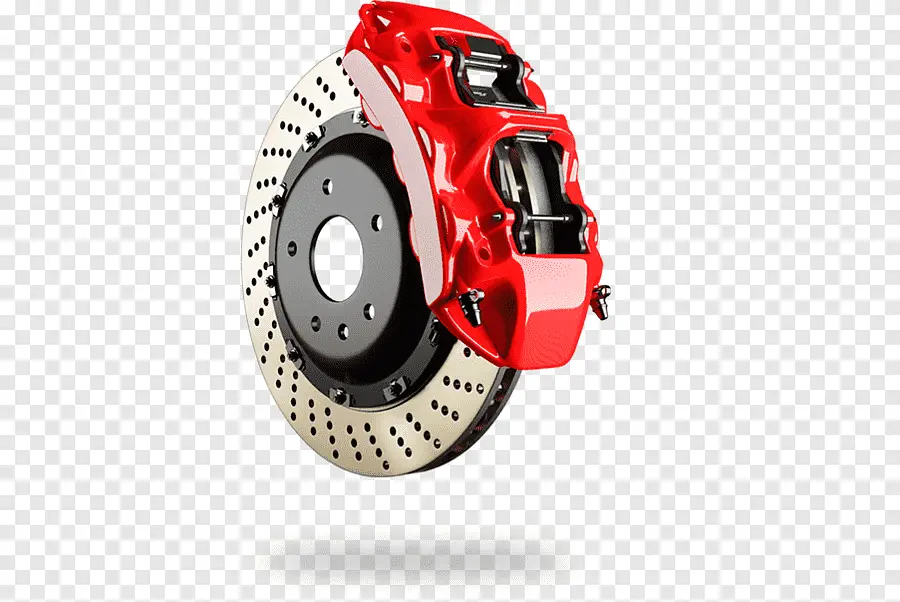
Can I Drive My Car If It Makes a Clicking Noise When Braking?
Driving a car will not be a safety hazard if you can identify the clicking noise coming from rusty anti-rattle springs.
If the noise is coming from worn suspension components, I recommend that the issue be fixed as soon as possible.
A broken suspension will make your car less controllable and pose a danger to other participants.

Truck driver by profession, automotive lover by heart. Ricky is the main publisher and editor at Truckile.com sharing his life-long knowledge and experience in the auto industry and truck driving!

